Grade 12 results are seemingly no longer adequate to the task of predicting achievement at tertiary education institutions, particularly in the case of students who come from previously disadvantaged schools or of those who are not among the top achievers. This leaves universities with an urgent need for more accurate predictors of academic success, as the problem of the under-preparedness of potential students has become the responsibility of higher education institutions.
In an effort to find a solution, the idea of using a listening test to assist in predicting the academic success of tertiary students was born. Fiona Stanford, a staff member of the Language Centre’s Unit for Afrikaans and English, is investigating this idea further for her doctoral studies.
ALT3, a computerised test of academic listening, was administered to a sample of first-year students from Stellenbosch University (SU) and from North-West University. The test results will be correlated with Grade 12 examination averages, with results from a standardised test of academic literacy, with National Benchmark Tests and with the test-takers’ university results over three years. A high correlation between the scores for ALT3 and the other assessments will hopefully confirm the central theoretical statement that, the higher the score for ALT3, the greater the chance of student success at university. The diversity of racial groups, home languages, genders and registered courses of the student sample will contribute to the generalisability of the results, making them applicable to a broader section of the South African student population.
Fiona’s study will, firstly, add to the relatively small body of knowledge on listening and, in particular, on the assessment of academic listening. Moreover, tests such as ALT3 are intended to be designed to assess not only the degree to which students possess the necessary linguistic capabilities to cope with university courses but also their ability to engage in higher-order skills, such as the critical analysis of material. It is also likely that results from such tests could serve as an early warning system to enable more informed decisions to be made on the necessary support initiatives that need to be implemented to improve the academic success of students at SU and, indeed, in South Africa as a whole.
This post is also available in: English



